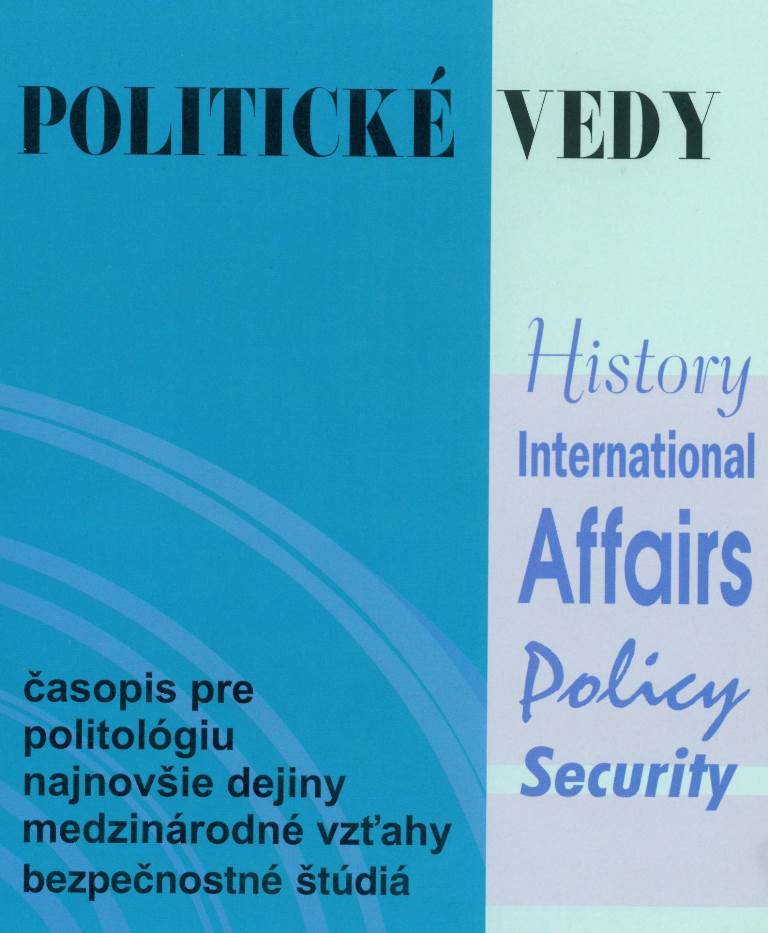Post-Soviet De Facto States in the Theory of Small States
Post-Soviet De Facto States in the Theory of Small States
Author(s): Barbara Baarová, Vladimír BaarSubject(s): Politics, Political Theory
Published by: Univerzita Mateja Bela
Keywords: De Facto States;Small States;Ethnic Structure;Depopulation;Armed Forces;Abkhazia;South Ossetia-Alania;Artsakh;Transnistria
Summary/Abstract: With their geographic and economic dimensions, post-Soviet de facto states are very small structures, yet they have existed for over a quarter of a century. This means that they have already had a generation that has no connection with the mother state from which they have separated. However, because the patron of their independence is (or, in the case of Artsakh, indirectly) Russia, which even officially recognized two of them (Abkhazia and South Ossetia-Alania), many authors keep observing their development. Their geopolitical importance significantly increased after the Russian aggression in Ukraine. Unrecognized states cannot be open economies, even if they wanted. In addition, in the case of post-Soviet de facto states, these are underdeveloped economies with high import costs and whose products are characterized by low competitiveness. The submitted contribution focuses on these structures from the point of view of the theory of small states. Based on geographic, demographic, economic and historical indicators, as well as the ability to resist reintegration, they suggest their theoretical possibilities of defending factual independence and gaining wider international recognition. The theory of small states shows in practice that the benefits of "smallness" cannot be used by de facto states to strengthen their political and economic prestige precisely because of the absence of international recognition and the rivalry of large states over geopolitical influence.
Journal: Politické vedy
- Issue Year: 25/2022
- Issue No: 4
- Page Range: 8-42
- Page Count: 35
- Language: English

